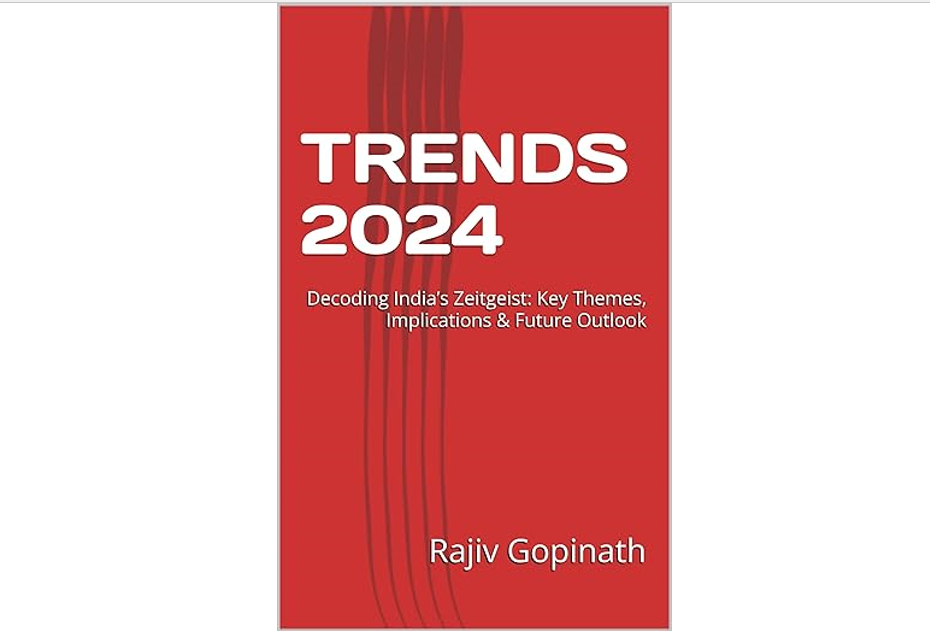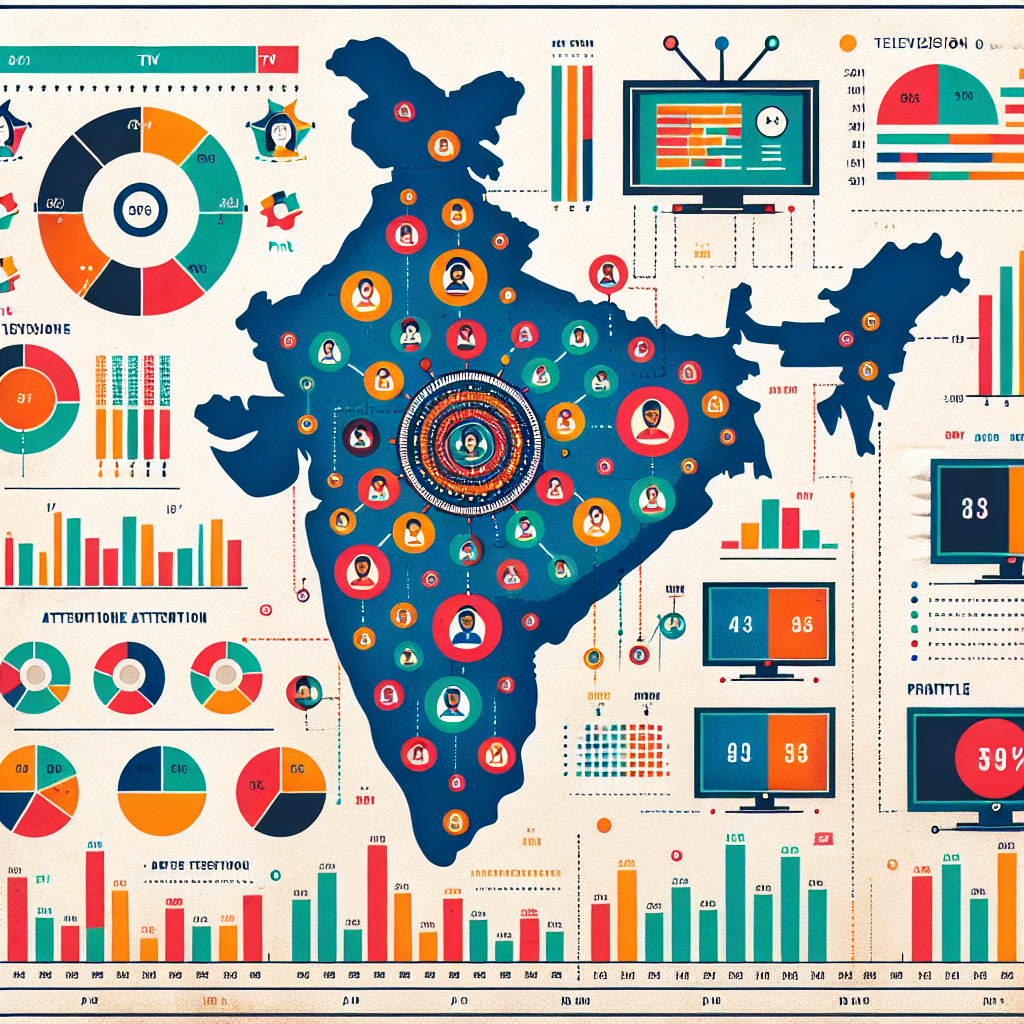How Privacy-First Marketing is Reshaping the Future of Brand Strategy
The revelation came to Ray during a quarterly review with his agency's largest client. After presenting what the team believed was a sophisticated targeting strategy built on extensive third-party data, the client’s CMO raised her hand and asked, “This is impressive, but how much of this will still work next year when the new privacy regulations take effect?” The room fell silent. In that moment, Ray realized their entire approach to brand building rested on foundations that were rapidly eroding. That night, he dove into research papers, industry reports, and case studies of brands successfully adapting to the privacy revolution. What began as a professional crisis evolved into a deep fascination with a fundamental question: In a world where data access is increasingly restricted, how will brands forge meaningful connections with consumers? That question has since transformed Ray’s marketing strategy and revealed surprising opportunities in what initially felt like an existential threat.
Introduction: The Privacy Paradigm Shift
We are witnessing a profound transformation in the relationship between brands and consumers. The convergence of stringent privacy regulations, technology platform changes, and evolving consumer expectations has triggered what the Harvard Business Review calls "the great data reckoning." Third-party cookies are disappearing, mobile identifiers are being restricted, and consumers are increasingly selective about sharing personal information.
This privacy revolution isn't merely a technical or regulatory challenge—it represents a fundamental reorientation of brand-consumer relationships. According to Gartner, 75% of the world's population will have their personal data covered by modern privacy regulations by 2025, up from just 10% in 2020. For brands, this necessitates not simply tactical adjustments but a strategic reimagining of how they build relationships, deliver value, and establish trust in an era where direct data access can no longer be assumed.
1. From Data Extraction to Value Exchange
The most significant shift in privacy-first brand strategy is the evolution from implicit data collection to explicit value exchange:
- Transparency as brand equity: Brands like Apple have transformed privacy protection into a core brand attribute, with CEO Tim Cook asserting that "privacy is a fundamental human right."
- Zero-party data prioritization: Forward-thinking organizations are designing experiences where consumers voluntarily share information in exchange for clear benefits. Beauty retailer Sephora's "Beauty Insider" program encourages preference sharing for personalized recommendations, generating both valuable data and enhanced customer experience.
- Consent as relationship foundation: Privacy-mature brands view consent not as a legal hurdle but as the foundation of authentic customer relationships.
Research from the Edelman Trust Barometer reveals that 89% of consumers are more likely to remain loyal to brands that are transparent about how their data is used—transforming privacy from compliance requirement to competitive advantage.
2. Trust-Based Brand Architectures
In the privacy-first era, trust has become the cornerstone of sustainable brand strategy:
- Privacy-centered brand promises: Organizations like Procter & Gamble have established "responsible data stewardship" as a core brand commitment across their portfolio.
- Ethics by design: Leading companies are embedding ethical considerations into their data practices from inception rather than as afterthoughts.
- Accountability mechanisms: Implementing transparent governance models that demonstrate responsible data usage to increasingly skeptical consumers.
As Professor Shoshana Zuboff of Harvard Business School notes in her seminal work on surveillance capitalism, "The companies that will thrive are those that recognize privacy not as a compliance burden but as an opportunity to align with emerging social values."
3. First-Party Data Ecosystems
With third-party data access diminishing, brands are reconstructing their data strategies around first-party relationships:
- Direct consumer relationships: Companies like Nike have accelerated direct-to-consumer channels, with their Nike Direct strategy contributing to a 35% increase in direct digital sales.
- Media company mindset: Organizations are developing content ecosystems that generate valuable first-party data while providing consumer value through information and entertainment.
- Strategic partnerships: Building collaborative data relationships with complementary brands to enhance consumer understanding without violating privacy expectations.
McKinsey research indicates that companies effectively leveraging first-party data outperform competitors in marketing efficiency by 30% and increase revenue at twice the rate of those struggling with the privacy transition.
4. Privacy-Enhanced Technology Stack
The technical architecture supporting brand strategy is being reimagined to balance personalization with privacy protection:
- Edge computing: Processing data directly on consumer devices rather than transferring it to central servers, allowing personalization without compromising privacy.
- Privacy-preserving analytics: Implementing advanced techniques like differential privacy and federated learning that derive insights without exposing individual data.
- Contextual intelligence renaissance: Leveraging AI to understand content and context rather than tracking individuals, with companies like GumGum showing performance equal to or better than cookie-based targeting.
5. Human-Centered Experience Design
Perhaps most profoundly, privacy-first marketing is accelerating a return to fundamentally human approaches to brand building:
- Empathetic research methods: Shifting from passive data collection to active listening through qualitative research, ethnography, and co-creation.
- Community-based strategies: Building brand communities where shared values and interests replace individualized tracking as engagement drivers.
- Creativity renaissance: As microtargeting becomes more limited, brands like Dove and IKEA are investing in memorable, emotionally resonant creative that appeals to broader audiences.
Conclusion: Privacy as Catalyst for Brand Transformation
The privacy revolution, while disruptive, is catalyzing a healthier, more sustainable approach to brand building. By necessitating greater transparency, encouraging meaningful value exchange, and limiting surveillance-based targeting, privacy regulations are pushing brands toward strategies built on trust, value, and authentic connection. The most successful organizations are recognizing that privacy-first marketing isn't about finding workarounds for new limitations—it's about fundamentally reimagining how brands and consumers interact in a digital ecosystem.
As Unilever's former CMO Keith Weed observed, "The brands that will thrive in the coming years will be those that have a purpose beyond profit and that are trusted beyond reason. Privacy is now central to both."
Call to Action
For marketing leaders navigating the privacy revolution:
- Audit your current brand strategy through a privacy-first lens, identifying areas where data practices may undermine consumer trust
- Invest in developing transparent, value-based approaches to data collection that put consumer benefit at the center
- Build technical and organizational capabilities focused on first-party data excellence
- Experiment with privacy-enhancing technologies that maintain personalization while respecting consumer boundaries
- Revitalize creative and brand-building capabilities that can forge emotional connections without excessive reliance on personal data
The privacy-first future of brand strategy isn't about doing less with less data—it's about doing better with the right data, obtained respectfully and used responsibly.
Featured Blogs

TRENDS 2024: Decoding India’s Zeitgeist: Key Themes, Implications & Future Outlook

How to better quantify attention in TV and Print in India

AI in media agencies: Transforming data into actionable insights for strategic growth

How the Attention Recession Is Changing Marketing

The New Luxury Why Consumers Now Value Scarcity Over Status

The Psychology Behind Buy Now Pay later

The Rise of Dark Social and Its Impact on Marketing Measurement

The Role of Dark Patterns in Digital Marketing and Ethical Concerns








